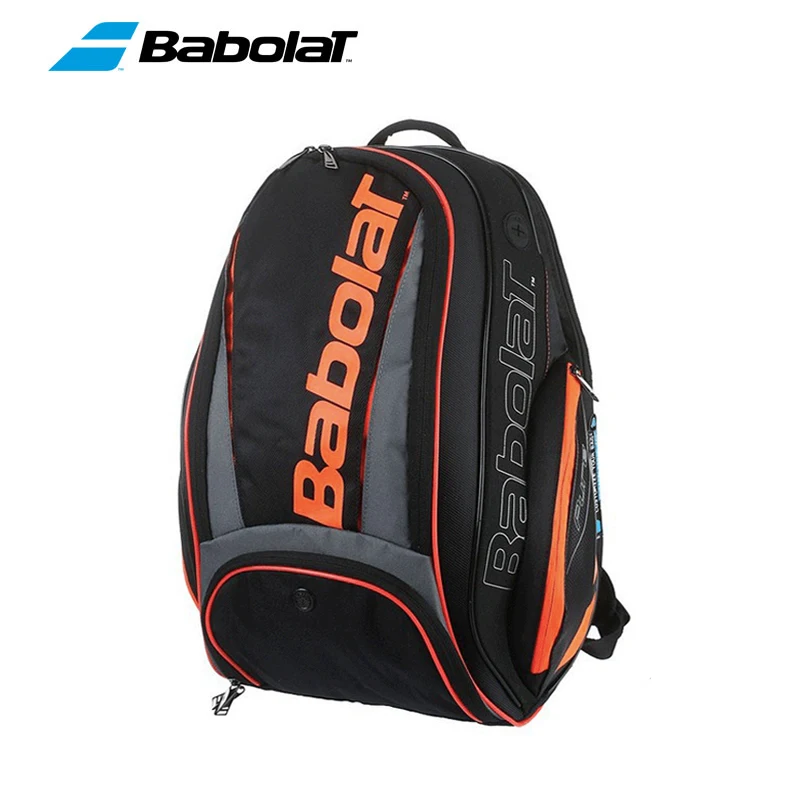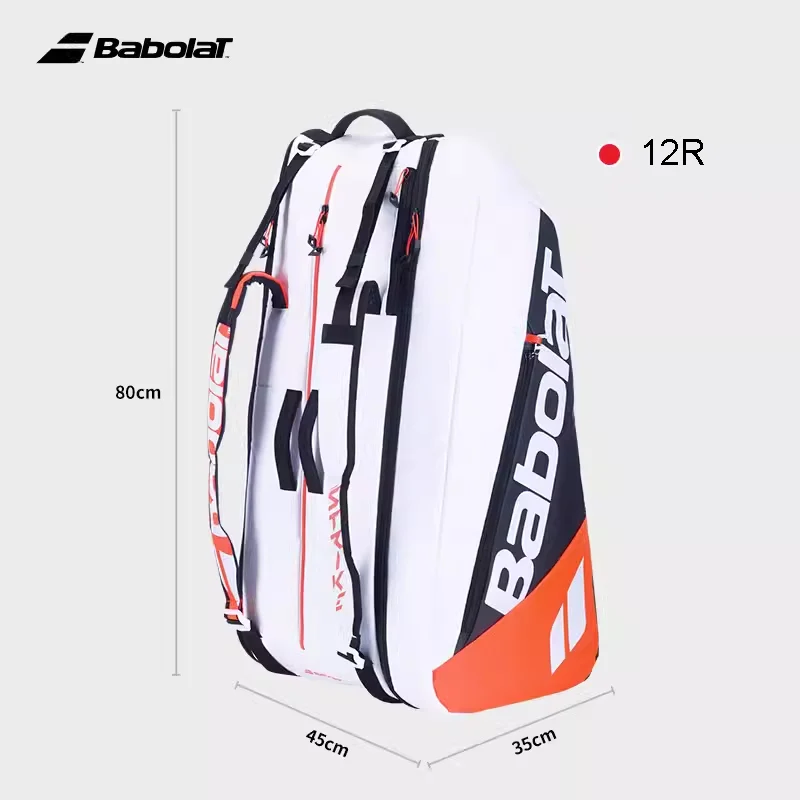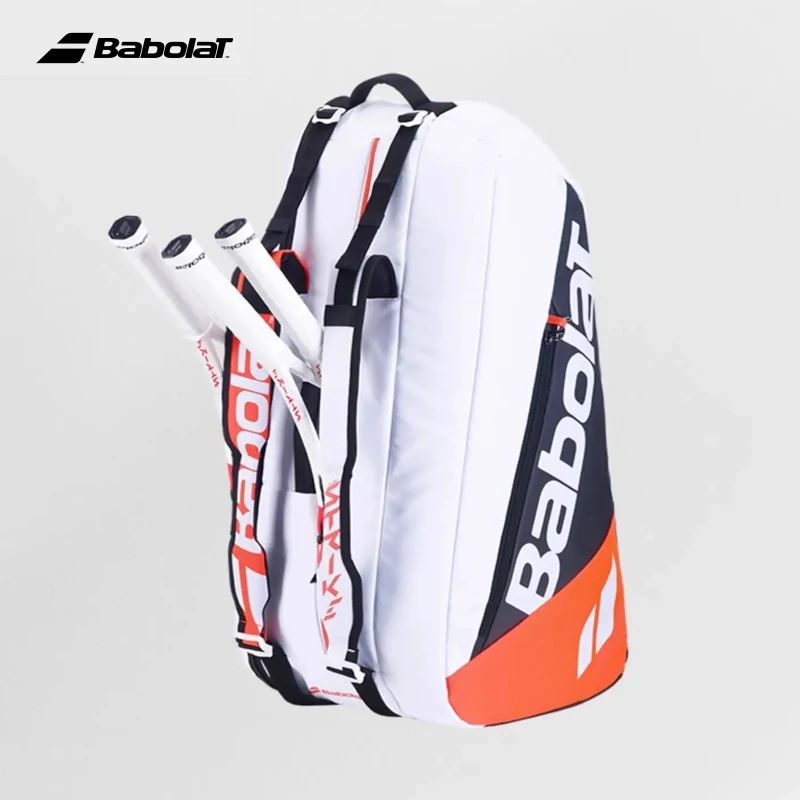How can you fix an overheating laptop without turning it off or restarting it
Overheating is a common problem for laptops, especially when they are used for gaming, video editing, or other intensive tasks. While restarting your laptop can often help to fix the problem, it can also be disruptive if you are in the middle of something important. Here are a few things you can try to fix an overheating laptop without turning it off or restarting it:
- Clean the vents. Over time, dust and debris can build up in the vents of your laptop, blocking airflow and causing it to overheat. Use a can of compressed air to blow out the vents and remove any accumulated dust.
- Raise the laptop. Placing your laptop on a raised surface, such as a laptop stand, can help to improve airflow and prevent it from overheating. This is especially important if you are using your laptop on a soft surface, such as a bed or couch, which can block the vents.
- Close unnecessary programs. When you are not using a program, close it to free up memory and reduce the load on your laptop's processor. This can help to reduce the amount of heat that your laptop generates.
- Reduce the screen brightness. The screen is one of the biggest sources of heat on a laptop. Reducing the screen brightness can help to reduce the amount of heat that your laptop generates.
- Use a cooling pad. A cooling pad is a device that sits under your laptop and helps to dissipate heat. Cooling pads are available in a variety of shapes and sizes, so you can find one that fits your needs.
If you have tried all of the above steps and your laptop is still overheating, you may need to take it to a qualified repair technician.
Related questions:
1. What are the signs of an overheating laptop? - The laptop is running slowly, freezing, or crashing. - The laptop's fans are running at a high speed. - The laptop is hot to the touch. 2. What can cause a laptop to overheat? - Using the laptop for intensive tasks, such as gaming or video editing. - Dust and debris blocking the vents. - A faulty fan. 3. Can an overheating laptop damage my hardware? - Yes, an overheating laptop can damage the internal components, such as the processor and the hard drive. 4. How can I prevent my laptop from overheating? - Keep the vents clean. - Use your laptop on a hard surface. - Close unnecessary programs. - Reduce the screen brightness. 5. What are some good cooling pads for laptops? - Targus Chill Mat - Cooler Master NotePal U2 Plus - Klim Airflow - Havit HV-F2056 - AmazonBasics Laptop Cooling Pad
Pre:In new apartment Water was brown for a few seconds in each faucet everything is clear now is my water safe to drink
Next:Is it safe to jog in San Francisco



















